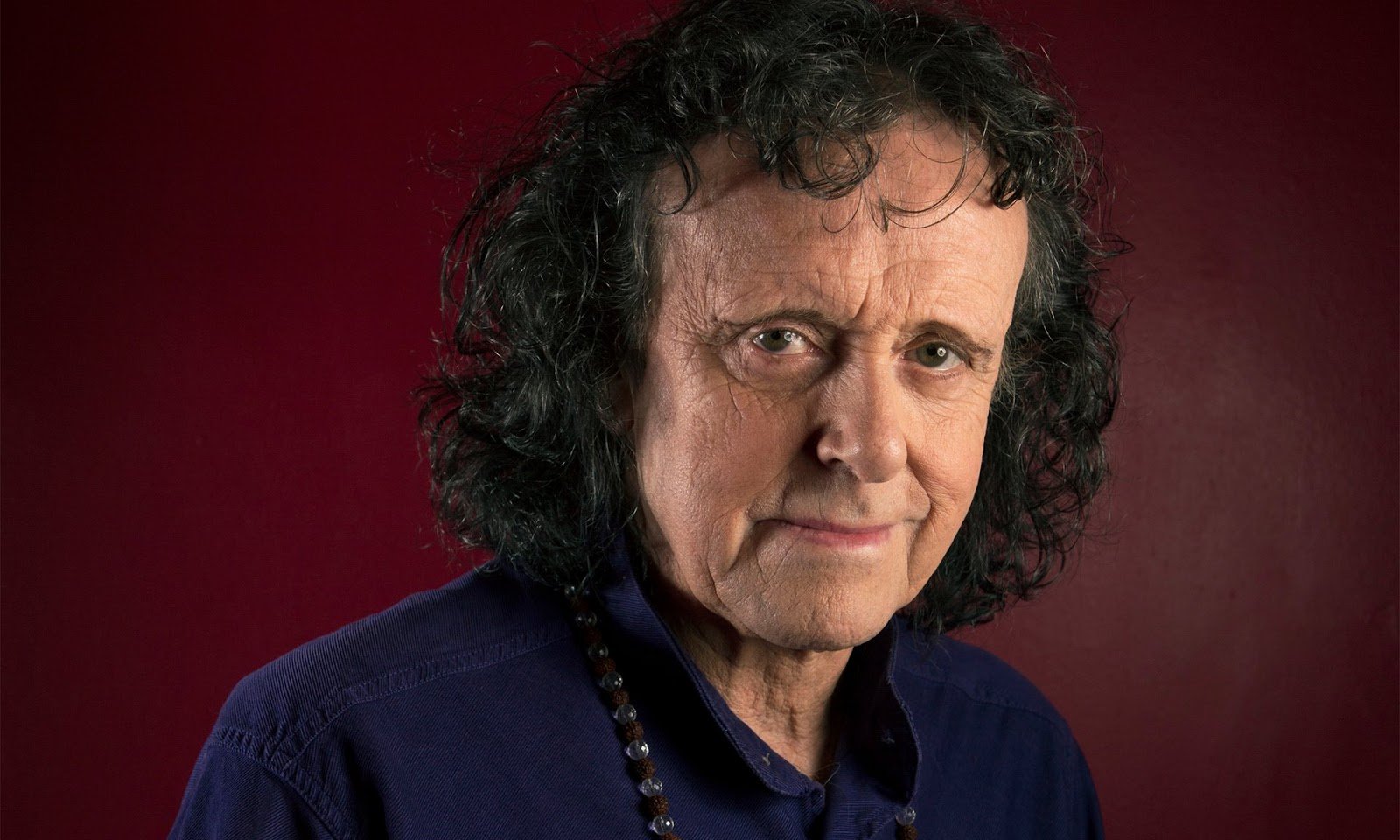A not-insignificant part of my week has been taken up discussing the aftermath of loved ones dying.
As part of our continual reassessment of the free advice guides we supply at Age UK, we run focus groups with older people to ensure we’re covering the right topics.
With information about money there’s little room for leeway, but an emotional topic like bereavement often requires more consideration.
Thus, I’ve run two workshops with small groups in both London and Norwich encouraging people to openly discuss their feelings and how they coped after someone close to them died.
Taboo subject
Death is an odd topic. Most of us hate speaking about it. In spite of its inevitability, it’s a ‘big’ issue that either manifests itself in complete avoidance, or else the phrase ‘Oh, you don’t want to talk about that!’
But actually it’s exactly what we should be doing. Not only before we shuffle off – in order to plan and get your affairs straight – but also after the event when those left behind are at their most raw and exposed.
Everyone we spoke to agreed that – no matter how hard it can be – talking about the person who’s died and also your own feelings is the way through it.
Confront – don’t avoid
If you’ve been through a bereavement, one of the most excruciating parts is when you first encounter others after the death and you know they’re worried about you crying and – in many cases – they visibly avoid you.
To some extent that’s natural because many of us haven’t been through a similar experience, but what we really want is for someone just to offer a few words of condolence, ask how you’re feeling and then treat them as normal.
Bereaved people don’t sprout horns or wings – they may just be a little more sensitive than usual.
So the next time someone you know loses a close relative or friend, do the right thing and just talk.
*With apologies to Salt ‘N’ Pepa

